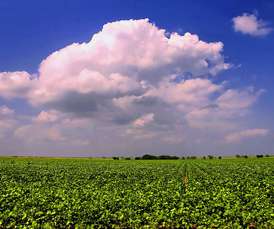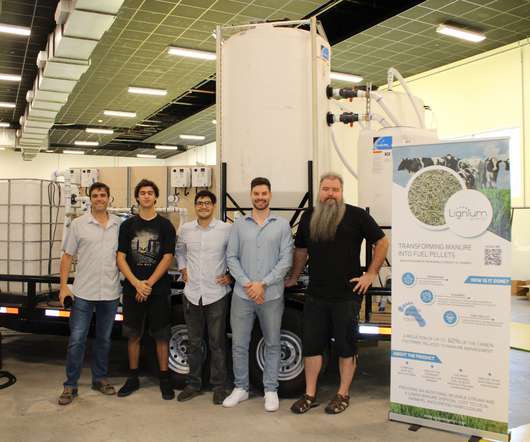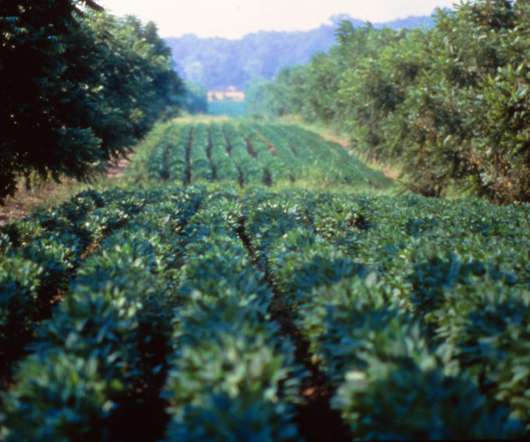'Historical underestimation': Nitrogen fertiliser 'overlooked' driver of climate change, Soil Association warns
Business Green
AUGUST 20, 2020
Phase out of synthetic fertilisers and wider dietary shift away from intensively farmed meat urgently required to curb climate damaging gas, the Soil Association warns. The Soil Association said an overhaul was therefore urgently needed in the way nitrogen is used in agriculture in order to avoid further environmental and climate damage.















Let's personalize your content